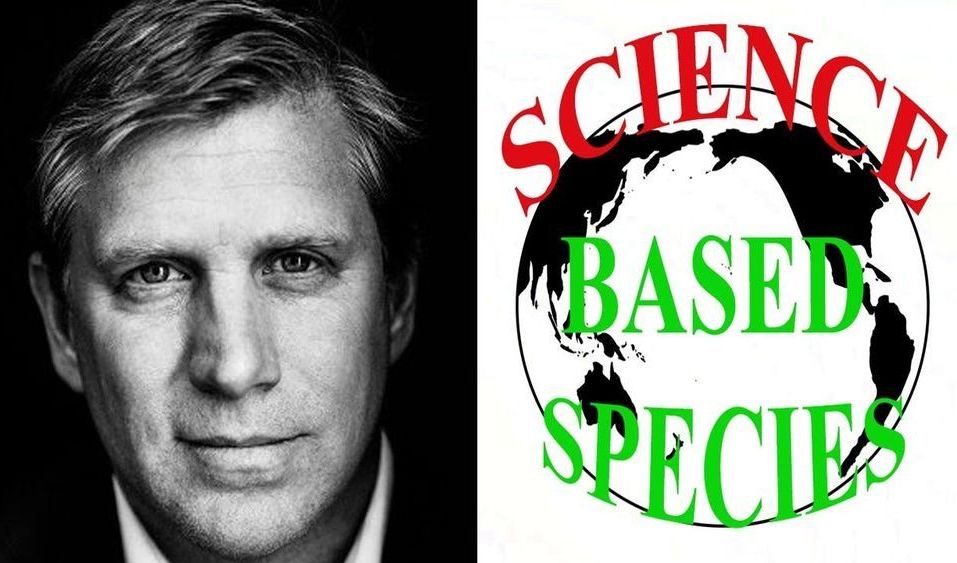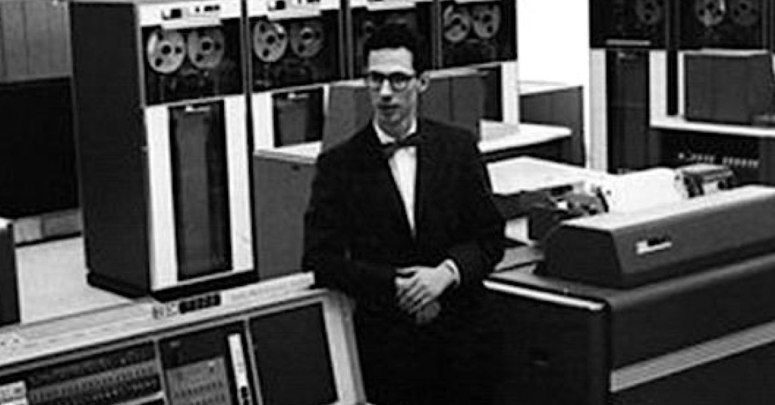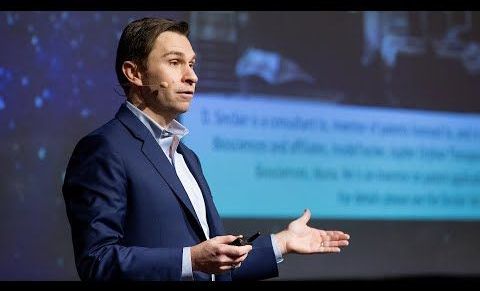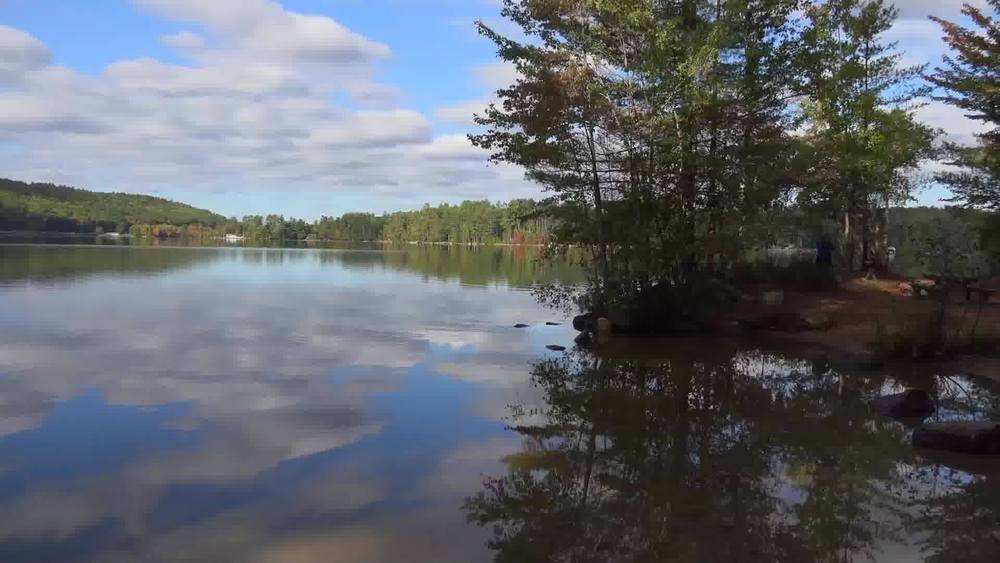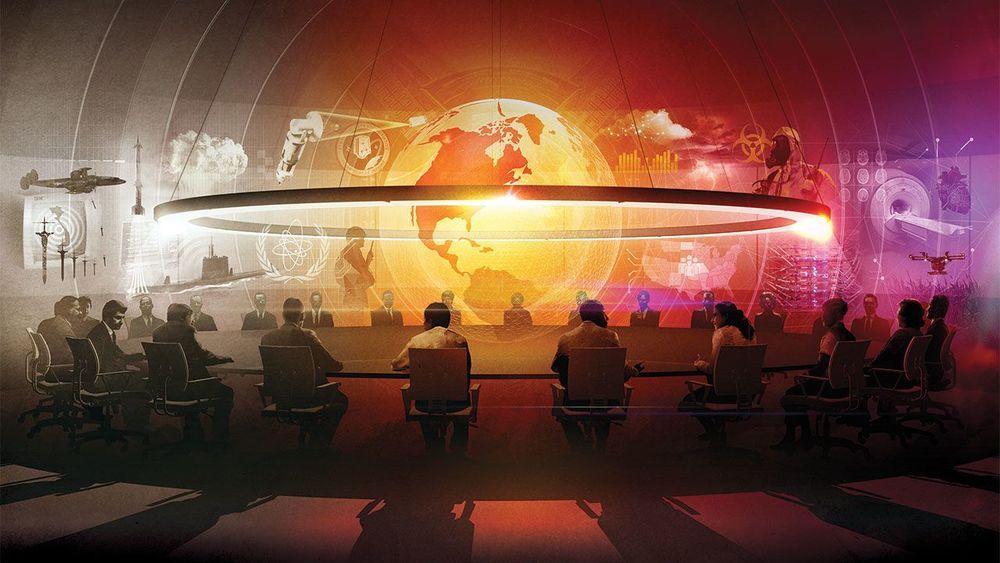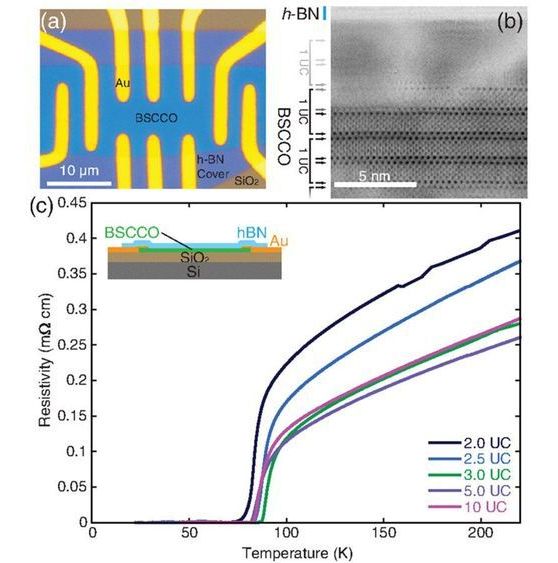
Phase transitions occur when a substance changes from a solid, liquid or gaseous state to a different state—like ice melting or vapor condensing. During these phase transitions, there is a point at which the system can display properties of both states of matter simultaneously. A similar effect occurs when normal metals transition into superconductors—characteristics fluctuate and properties expected to belong to one state carry into the other.
Scientists at Harvard have developed a bismuth-based, two-dimensional superconductor that is only one nanometer thick. By studying fluctuations in this ultra-thin material as it transitions into superconductivity, the scientists gained insight into the processes that drive superconductivity more generally. Because they can carry electric currents with near-zero resistance, as they are improved, superconducting materials will have applications in virtually any technology that uses electricity.
The Harvard scientists used the new technology to experimentally confirm a 23-year-old theory of superconductors developed by scientist Valerii Vinokur from the U.S. Department of Energy’s (DOE) Argonne National Laboratory.


